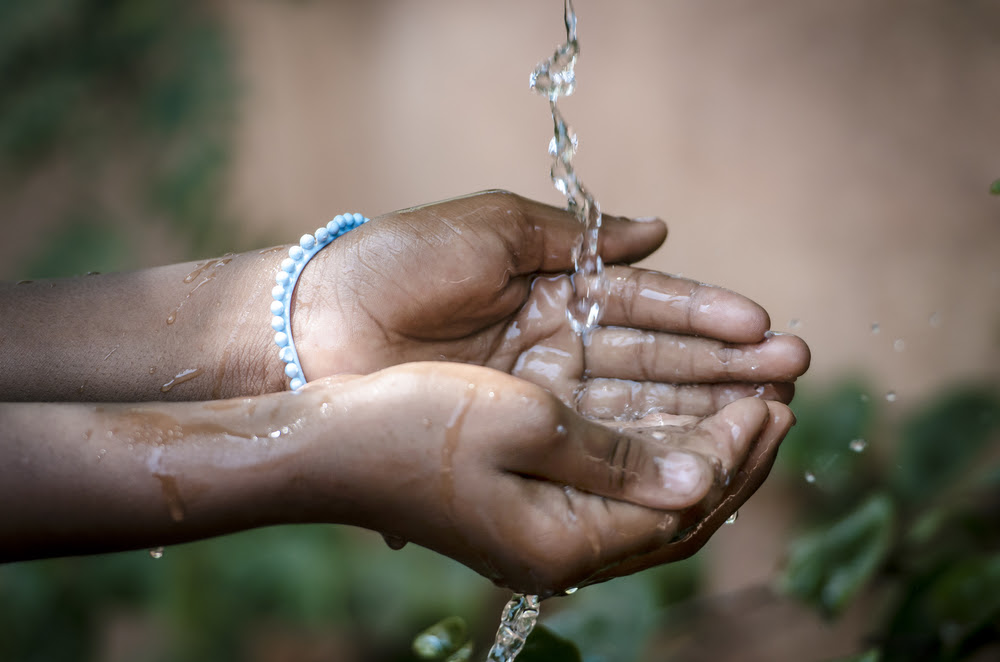ST GEORGE’S, Grenada, Nov 24 2016 – The supervisor of Elections, Alex Phillip on Thursday morning reported a low voter turnout at the polls for Grenada’s historic referendum vote.
“There are no complaints, no headaches, just reports of low voter turnouts,” Phillips said.
Prime Minister Dr Keith Mitchell was among the first to vote just minutes after the polls opened in his St George’s North West constituency in his home village of Happy Hill.
“What is significant about this is that when one expresses his wish in this referendum, he is not doing just for partisan political interest, but what he believes is best for the country,” he said.
“I think this is a great honour and I continue to wish that everyone participates. And as I said in the national address, that whatever happens, at the end of the day I believe Grenada would have won; at least we would have gone through a process for the first time and at least people would have understood the implication of whatever comes out of this,” Mitchell told reporters
The referendum is taking after almost two years of consultations and educational session undertaken by the Constitution Reform Advisory Committee, chaired by Dr Francis Alexis.
The referendum is being observed by a delegation from the Organisation of American State (OAS), the Commonwealth and the United Nations Development Programme.
More than 70,000 Grenadians are qualified to vote in the referendum.
The bills to be voted upon include one that changes the name of the State from ‘Grenada’ to ‘Grenada, Carriacou and Petite Martinique and another would institute term limits for the Prime Minister; ensure that there is always an Opposition Leader; enable Parliament to provide fixed dates for general elections; institute an Elections and Boundaries Commission; introduce the modern styling ‘Eastern Caribbean Supreme Court’; and require that allegiance be sworn, no longer to the Queen, but to Grenada.
There is also a bill that will allow Grenadians to decide whether or not to replace the London-based Privy Council with the Trinidad-based Caribbean Court of Justice (CCJ) as the island’s final court.
All seven bills must be passed by a two-thirds majority of those voting in the referendum to become law.




